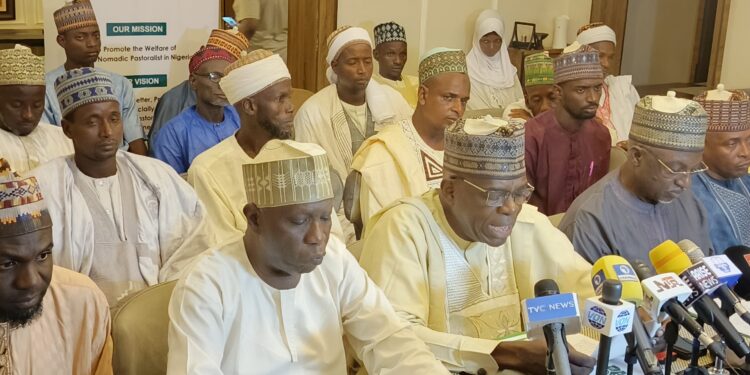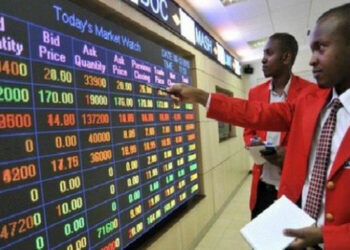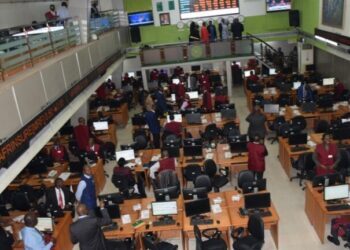The Miyetti Allah Cattle Breeders Association of Nigeria (MACBAN) believes a renewed livestock production system can save Nigeria billions of dollars in foreign exchange.
This is because the country would import less powdered milk and other livestock products while exporting more leather, beef, and other related products.
The association’s president, Alhaji Baba Othman-Ngelzarma, addressed reporters in Abuja yesterday,said Nigeria could earn more than ten times its current earnings in foreign exchange from livestock production.
He highlighted that the livestock sector already employs Nigerians across tribes and religions, including butchers, transporters, tax collectors, and dairy/beef producers.
“By 2050, Nigeria’s population will be around 402 million,” Othman-Ngelzarma said. “The need for nutrition must also increase alongside this growth. Enhancing livestock production can significantly increase protein intake, which can be best achieved through a dedicated ministry.”
He argued that addressing the challenge of feeding the nation requires immediate action and a shift in priorities and investments to ensure food security.
“We believe a dedicated ministry can better handle issues like animal tagging, pastoralist data collection, transportation, migration route management, and peacebuilding,” Othman-Ngelzarma stated.
The association commended states like Niger, Ekiti, and Oyo for investing in the livestock sector, calling it a model for other states. They emphasized that this is a business opportunity for anyone willing to invest.
“Nigerians must overcome stereotypes and engage in endeavors that put food on their tables,” Othman-Ngelzarma urged.
He commended President Bola Ahmed Tinubu for this initiative.
“To the critics,” he said, “I urge them to abandon their narrow-minded thinking. They should consider the bigger picture of how this ministry can strategically help President Tinubu’s administration achieve economic diversification, growth, job creation, food security, and adaptation of global best practices for a stronger GDP.”











